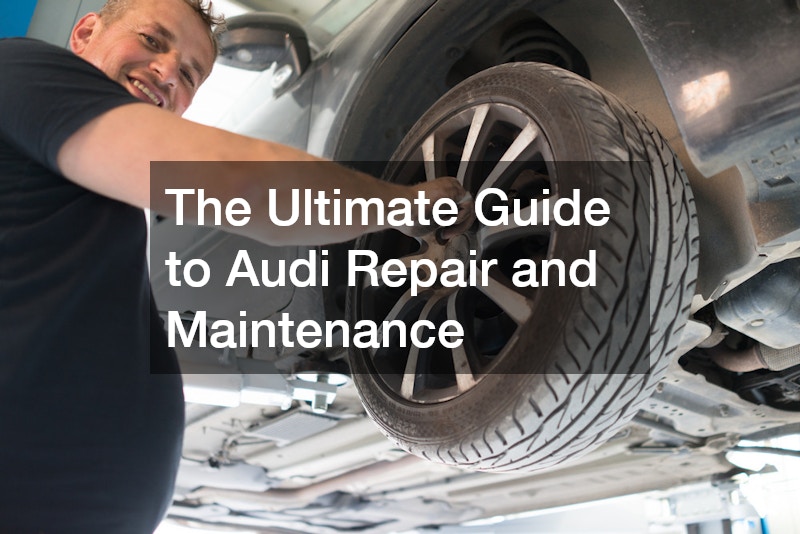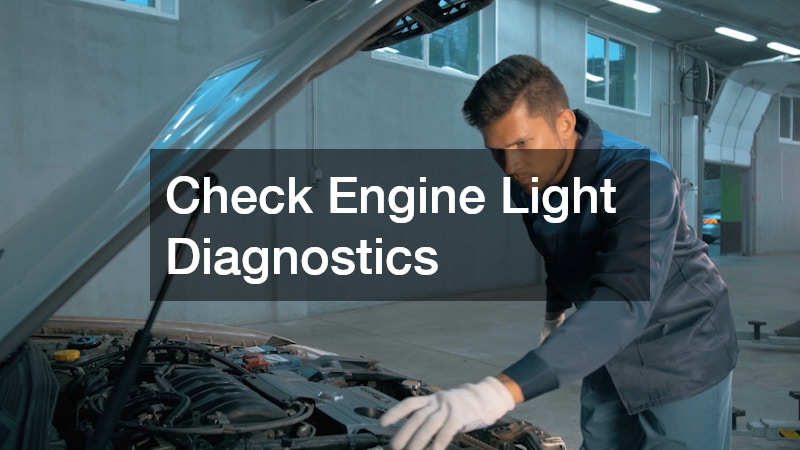

This article serves as an all-encompassing guide to help Audi owners understand essential aspects of repair and maintenance. With useful tips, common issues, and expert advice, you’ll be better equipped to keep your vehicle in top shape. Owning an Audi means committing to a maintenance routine that ensures both performance and longevity.
Oil Change and Inspection
Regular oil changes are crucial for engine health. Audi recommends changing your oil every 10,000 miles or once a year, whichever comes first.
The type of oil you use can significantly affect your engine’s performance; synthetic oil is generally preferred for modern Audis.
Alongside oil changes, regular inspections help identify potential problems before they escalate. These inspections typically include checking fluid levels, filters, and the condition of your engine components. By addressing minor issues during these check-ups, you prevent them from developing into more severe problems.
Brake System Maintenance
Understanding when to service your brakes is vital for safety and performance. Brake pads, rotors, and fluid are all components that require regular attention. Typically, brake pads should be replaced every 30,000 to 70,000 miles, depending on driving conditions and habits.
Regular inspection of the brake system can prevent costly repairs and ensure your Audi stops safely every time. Squeaking noises or a spongy brake pedal might indicate it’s time for an inspection. Furthermore, maintaining optimal brake fluid levels is crucial as it directly affects performance.
Tire Rotation and Alignment
Proper tire maintenance is essential for safety and performance. Regular tire rotation, typically every 6,000 to 8,000 miles, promotes even tire wear. Even tire wear extends the lifespan of your tires and can improve your Audi’s fuel efficiency.
Alignment checks are equally important, ensuring that your vehicle handles correctly. Misalignment can lead to uneven tire wear and affect your vehicle’s handling, which could become a safety concern. If you notice your vehicle pulling to one side, it might be time for an alignment check.
Check Engine Light Diagnostics
The appearance of the check engine light can be intimidating but often indicates minor issues. An OBD-II scanner can help diagnose the problem by reading the fault codes stored in your car’s system. Many issues can be addressed at home, such as loose gas caps or replacing a sensor.
However, more serious issues may require professional intervention. Continually ignoring the check engine light can lead to more significant engine troubles. With modern Audis, onboard computer systems are sophisticated enough to detect a wide range of issues.
Audi Electrical System Troubleshooting
Electrical issues in Audis can vary widely, from minor glitches to significant system failures. Common electrical issues include battery drainage and faulty alternators. Regularly checking battery health can prevent unexpected breakdowns.
Electrical problems often manifest as warning messages or irregular behavior in your vehicle’s components. Addressing electrical issues promptly can prevent further complications. Using an electrical multimeter can aid in diagnosing problems at their source.
Transmission Problems and Solutions
Transmission problems are critical as they directly affect your vehicle’s ability to function. Symptoms include slipping gears, delayed response, or strange noises. Regular maintenance can help prevent transmission issues from arising.
Whether your Audi has a manual or automatic transmission, regular fluid checks and replacements are necessary. Using the correct type of transmission fluid is vital to ensuring smooth operation. If you encounter transmission problems, consult a professional for an accurate diagnosis and solution.
Regular Scheduled Maintenance
Sticking to a strict maintenance schedule is essential for the longevity of your Audi. Scheduled maintenance includes a range of services like fluid changes, system checks, and replacement of worn components. Each component has its replacement schedule tailored by Audi to ensure maximum efficiency and longevity.
Regular maintenance ensures that your vehicle runs smoothly and efficiently. It also provides peace of mind as potential issues can be identified and resolved before they become significant problems. Maintaining a well-kept service history can bolster your vehicle’s resale value.
Utilizing Authentic Parts
Utilizing authentic Audi parts for repairs and replacements is crucial when maintaining your vehicle. Genuine parts are designed to fit perfectly and work harmoniously with your car’s systems. They also come with warranties that can provide additional assurance on their durability and performance.
Using imitation parts might seem cost-effective upfront but can lead to issues down the road. These components might not meet the same standards and could potentially harm the vehicle’s performance. By choosing authentic parts, you ensure the best possible fit and function for your Audi.
Driving Habits and Their Impact
Your driving habits can substantially impact the longevity of your Audi. Aggressive driving, such as sudden acceleration and hard braking, can put unnecessary strain on the engine and brakes. Moderate driving and obeying speed limits can positively influence your vehicle’s health.
Regularly practicing mindful driving helps minimize mechanical wear and reduces the stress on your vehicle’s systems. Additionally, warming up your engine gently before long trips or after cold starts can extend its life. Avoiding short, frequent trips can also benefit your Audi’s performance and efficiency.
By understanding these fundamental aspects of Audi repair and maintenance, you can ensure your vehicle remains reliable, efficient, and enjoyable to drive. Implementing the recommended practices and staying informed about your car’s needs can lead to substantial benefits over time. Proper maintenance fosters a better driving experience and a prolonged vehicle lifespan, safeguarding your investment and satisfaction.
.
